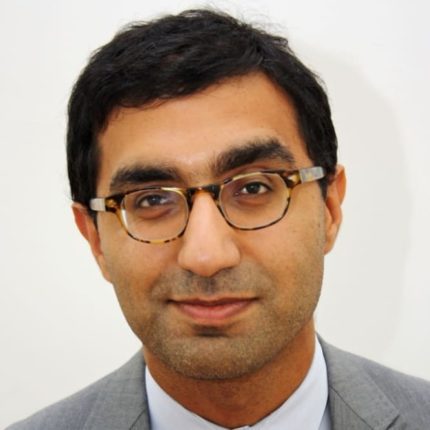What else can we measure in higher education? Free speech. Today sees the official launch of the free speech university rankings, prepared by the online magazine Spiked.
They use three ratings: red – for universities and students’ unions that have banned or actively censored ideas on campus; amber – for those that have chilled free speech through intervention; and green – for those that have a hands off approach. 47 institutions are branded red, 45 are amber and merely 23 are green. In other words, only a fifth of universities provide a forum for the free exchange of ideas.
Are you appalled? First, let’s delve into an example of what makes a university red. Warwick is picked up for the university’s policy on ‘dignity’. In defining harassment, the university includes ‘displaying material that is likely to cause offence to others’. This policy is rated amber. What tips the institution into the red is its students’ union. The union has banned The Sun and Daily Star newspapers on account of how they use Page 3; it petitioned a campus bar to change its ‘sexist wallpaper’; and it operates an equal opportunities policy for performers which states that “if an artist under contract is deemed to be racist, sexist, ableist, homophobic or transphobic, that artist should not be re-engaged”.
By this stage you might feel that all those actions seem fair enough. Clearly what the university and the students’ union are trying to do is to act on behalf of students to create an environment where as many people as possible feel free to think, act and learn. In particular perhaps, they are acting on behalf of students with less power. In that sense, you might want to flip the ratings: the institutions ranked red might be the institutions that have thought most deeply about creating a forum for the free exchange of ideas. By contrast those who are ranked green might not have sufficient concern for the interests of students with less power. If you come from a minority or excluded group, the green institutions might be the ones to avoid.
I’m exaggerating, clearly, to illustrate two points: the first is that, like any rankings, these free speech ones carry some information for potential students but they are likely to be most useful as a starting point for further investigation about a campus rather than a definitive guide to its character; though the second is that it’s only right to put the best version of the argument attacking the rankings before I stand up for them. There’s one other thing that I should make clear: I had nothing to do with putting them together. Yet I do think they are a brilliant innovation.
The reason is very simple. Going to university is, among other things, a choice about intellectual culture. I’ve rarely seen a restriction on free speech with which I agree. I think I formed this fundamentalist view on free speech pretty early on but certainly I was helped in forming it by heated arguments with lecturers and other students as well as campus controversies during my undergraduate degree. And to be really honest, I actively sought out some of those spats.
To be involved in this type of debate and disagreement was for me an important part of the point of going to university. I studied law with a heavy dose of philosophy. Go figure.
So I would have looked at the free speech rankings carefully if they were available at the time before making my choice of university. I might have been turned off a red institution; equally, if there were other aspects of its culture that attracted me then I might have thought that undoing the restrictive policies was an additional goal to meet during my degree.
And this is an important point: as I read them, the authors of the rankings – while they too might be free speech fundamentalists – aren’t making the argument that the state should step in to prevent universities and students’ unions from adopting restrictive policies. What they are trying to do is to influence the institutions themselves and their current and prospective students – the rules of engagement for free and frank debate should themselves be freely and frankly debated and settled by consent rather than imposed by force. In that endeavour, Spiked has done the sector an important service.












Disappointing that yet another league table misses out a significant number of universities. At best this misinforms students and at worst invalidates the ranking.